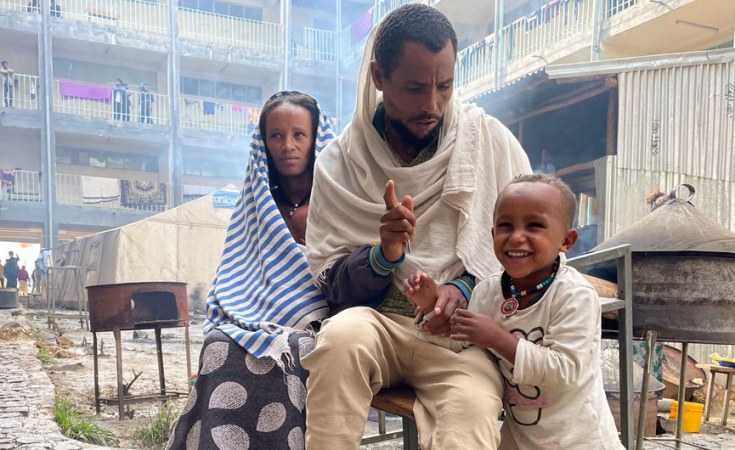Addis Abeba — Three major opposition parties in Ethiopia's Tigray region have called for the formation of an inclusive regional government as the Tigray People's Liberation Front (TPLF) holds its 14th Congress amidst internal power struggles.
The regional opposition parties, namely Salsay Weyane Tigray, Tigray Independence Party, and National Congress of Great Tigray (Baytona), made this call on Friday, 16 August, during a joint press statement in Mekelle, according to the BBC.
They stated that the main problem currently facing the Tigray region is "born from the system," adding that "a government that does not rely on one political organization and is inclusive of all organizations, and capable of leading the people, is needed."
The parties criticized the TPLF, which has ruled Tigray for over three decades, stating that the party is "clearly in a state of decay" and has "revealed its true nature through this crisis." They accused the TPLF of making "a suicidal move to continue its grip on power through force."
Their calls came as the TPLF's 14th Congress commenced in Mekelle amidst escalating controversies and a boycott by 14 Central Committee members, including Vice Chairman Getachew Reda.
Getachew condemned the conference as hastily organized without consensus, aimed at "ousting certain leaders" opposed by the party's internal network. He warned it "endangers the people of Tigray" and should be condemned.
The National Electoral Board of Ethiopia (NEBE) had previously stated it would not recognize the TPLF General Assembly or any decisions made, as the party failed to provide 21 days' notice and allow observers as required.
In their joint statement, the opposition parties warned that the ongoing political strife within the TPLF leadership has created severe public concern, as "both factions are pursuing a narrow agenda, aiming to drag the people into a conflict that serves their interests."
The opposition vowed to support any move towards establishing an inclusive administration in Tigray, opposing processes that exclude relevant stakeholders and the public's collective will.


